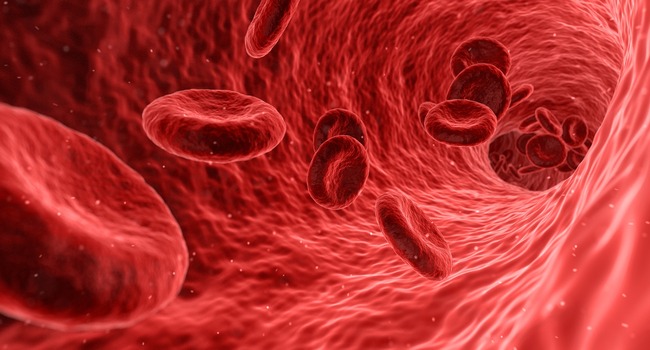
Clinical trials are important studies that test new treatments or therapies on humans to see if they are effective and safe. In this particular clinical trial, doctors wanted to test a new treatment for children with sickle cell anemia in Tanzania, a country in East Africa.
Sickle cell anemia is a genetic condition where the red blood cells are shaped like a sickle or a crescent moon. This shape makes it harder for the blood to flow through the blood vessels, causing a range of health problems, including an increased risk of stroke. In Tanzania, it is especially difficult to detect and treat sickle cell anemia, and doctors have limited resources to prevent strokes in children.
The doctors wanted to see if a medication called hydroxyurea could help prevent strokes in children with sickle cell anemia. Hydroxyurea is a drug that has been used to treat cancer, but it can also increase the production of healthy red blood cells in sickle cell anemia patients. The doctors also used a test called transcranial Doppler ultrasound to measure the blood flow in the children's brains and determine their stroke risk.
Clinical Trial
The trial was conducted at Bugando Medical Centre in Mwanza, Tanzania, and involved 202 children between the ages of 2 and 16. The children were diagnosed with sickle cell anemia through a blood test that looked at their hemoglobin, a protein in the blood that carries oxygen.
During the study, the children underwent transcranial Doppler ultrasound tests to check their blood flow in the brain. If the test showed that they had a high risk of stroke, they were given hydroxyurea. If their risk was low, they received the usual care from the sickle cell clinic and were checked again after 12 months to see if they needed the medication.
